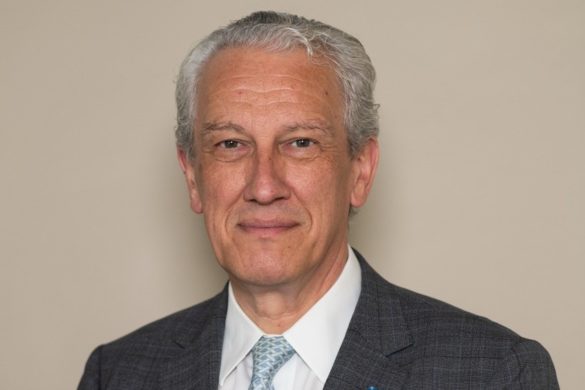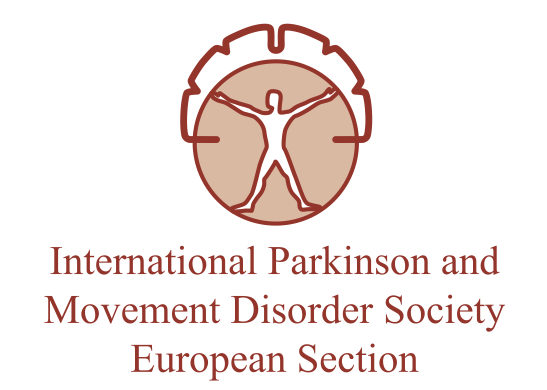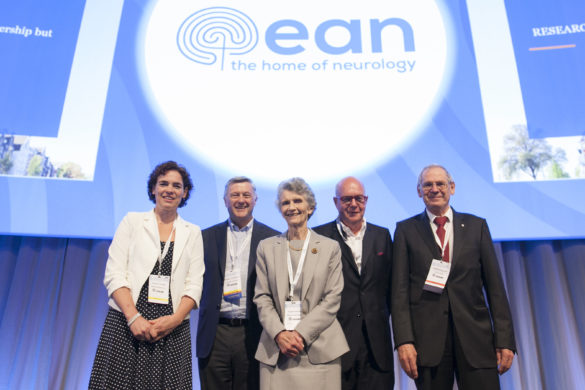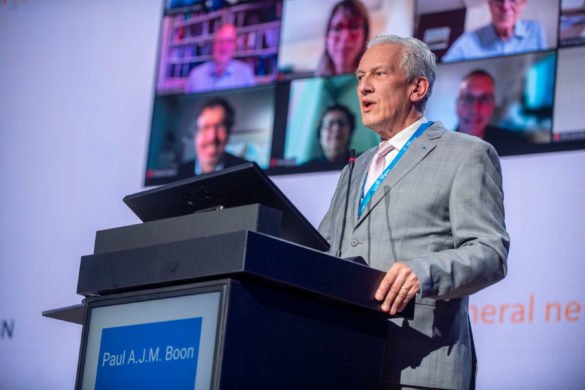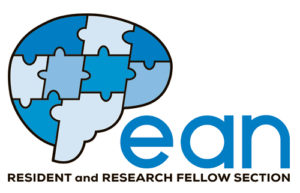
The special session organized by EAN RRFS was held on the last day of the EAN Congress 2016 and brought together an inquisitive group of neurologists in training and board certified neurologists, who are interested in neurology education. The focus of the special session was to explore the differences in residency training, and work prospects across Europe.
Three speakers working in an international environment as neurologist with extensive experiences represented three different corners of Europe.
- Professor Elena Moro, who is currently working at the Faculty of Medicine of the Grenoble Alpes University in France summed up training in England, France, Italy and Spain.
- Dr. Daniel Kondziella, who works currently in Copenhagen Rigshospitalet talked about training and prospects for neurologists in Denmark, Sweden and Norway.
- Dr. Ildikó Szőcs, who is presently working at Semmelweis University, Budapest, Hungary focused on training in Romania and Hungary and gave a picture from Central and Eastern Europe.
Based on the presentations one could conclude that residency curricula in the different countries across Europe vary significantly. Differences are particularly evident in, for example, the application process for a residency position, in the length of the trainin, in the salary and general financial support to undergo extracurricula activities during residency training. Furthermore, the practical skills, working hours and conditions, opportunity for research, system of logbooks and board exams vary drastically. While there are similarities in the elements of training, there are also unique properties of residency programmes specific for a given country.
After the presentations, a lively discussion started with the speakers and audience on the current state of neurology residency training in Europe. Many questions emerged, inlcuding: „If there is a difference in the course of the training, is there a real difference in the excellence of the board certified neurologists?”, „Is it necessary and if yes, how can be neurology training unified in Europe?”, „What are the drivers for mobility in different countries?”, „How can be intra-, and extra-Europe exchange facilitated?”. The opportunity for an international assessment in the form of European Board Examination in Neurology (EBN) was also highlighted during the discussion. While the confines of the session and complexity of these questions did not allow to find an clear answer instantly, it was felt that there is a common aim and motivation to improve neurology training in Europe, and there is agreement in the importance of international exchange in order to achieve this.
Further steps, and extensive discussions are needed to find an answer for these issues in order to improve neurology education at an European level.







